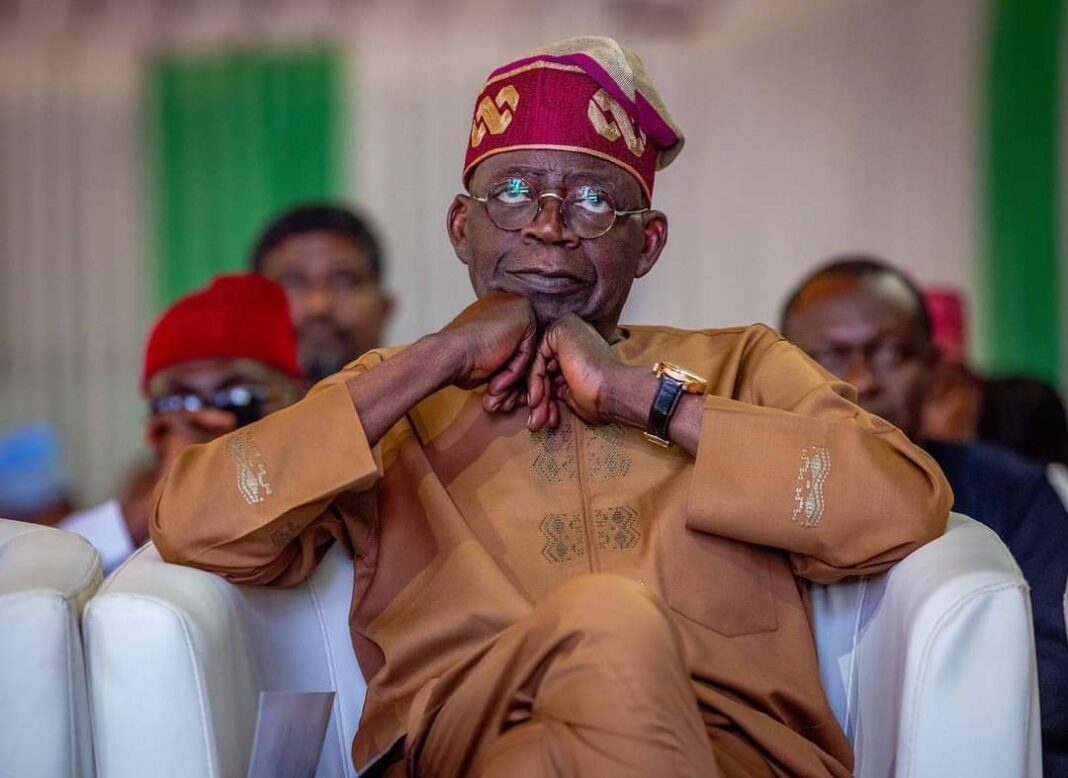Nigeria’s presidential election tribunal on Wednesday upheld Bola Tinubu’s election as president of Nigeria.
The tribunal rejected challenges by opposition rivals by two rivals of Tinubu to his victory in February’s disputed vote.
The decision follows previous pattern of election legal challenges where no outcome has been successful since 1999.
With previous legal challenges to the election being unsuccessful, most political observers predicted that the tribunal to uphold Tinubu’s win.
Atiku Abubakar of the People’s Democratic Party and Labour Party’s Peter Obi had asked the court to invalidate the election, alleging irregularities.
They accused the electoral body of breaching the law by failing to use electronic machines to upload polling station results, among other criticisms.
Justices of the five-member tribunal, took turns to read out judgements for more than 11 hours where they rejected Atiku and Obi’s individual petitions point-by-point.
Judge Haruna Tsammani said Obi’s petition was “unmeritorious” and had “not led any credible evidence sufficient enough” to back claims of irregularities.
Tsammani said Atiku’s allegations of vote fraud and were “so lame” and dismissed his argument that Tinubu was not qualified to run for president.
“The petitions are hereby dismissed,” said Tsammani.
Atiku and Obi can still make a final appeal at the country’s Supreme Court, the highest court in Nigeria, which should be concluded within 60 days .
Ahead of the ruling, the military had set up check-points on major roads into Abuja, randomly searching commuters and vehicles.
Tinubu, who is in India ahead of a G20 Summit, has defended his victory as he defends his management of the economy.
He has implemented reforms that include removing a popular but costly petrol subsidy and ending currency controls.
But Nigerians have criticized the 71-year-old veteran as he faces opposition from labour unions, who started a two-day strike on Tuesday ahead of an indefinite strike from Sept. 21.
His government is grappling with high unemployment and inflation rates, ballooning debt, massive oil theft that has hit government revenues and widespread insecurity are among the issues.
Court rules that Uber drivers are ‘workers,’ not self-employed
Source: Africafeeds.com


